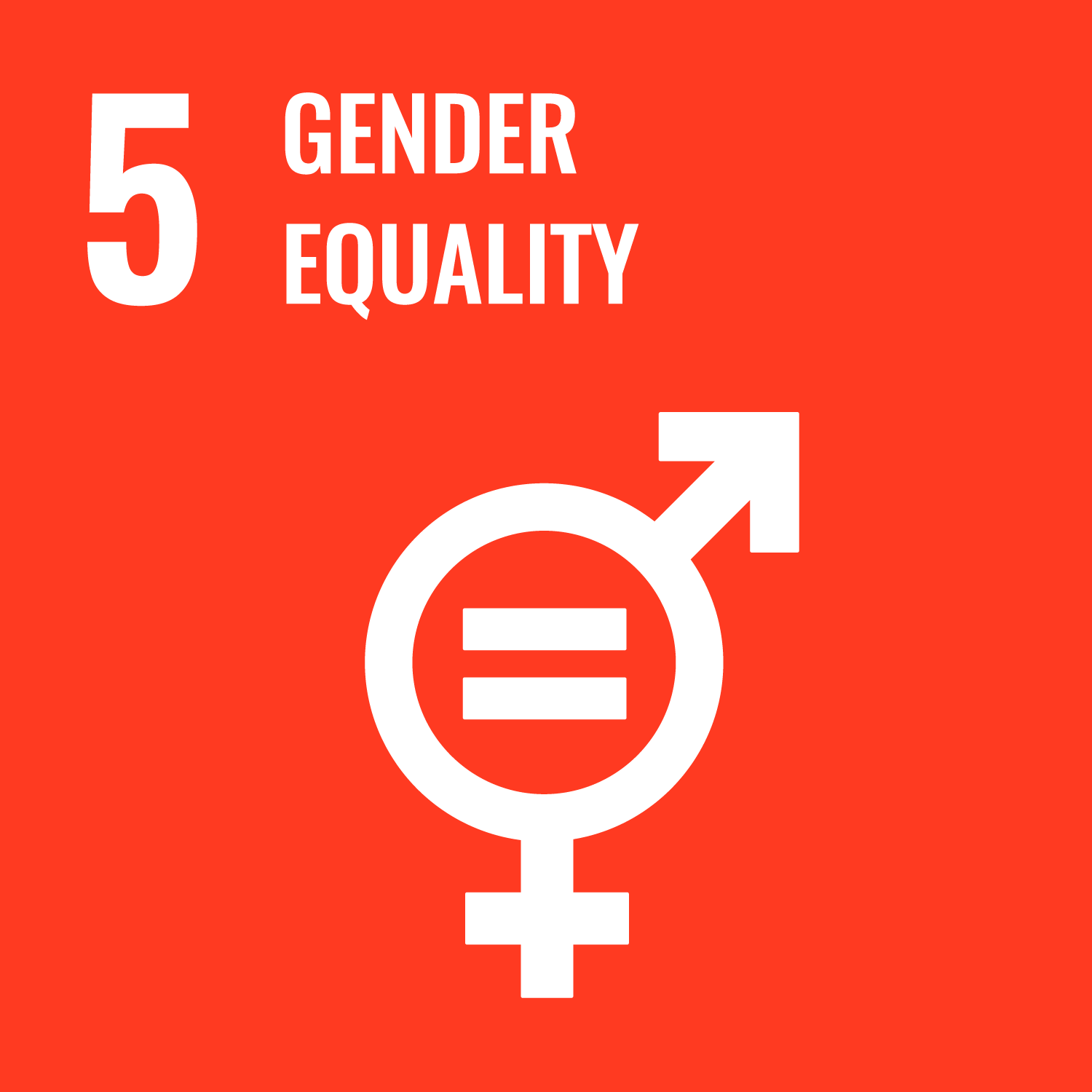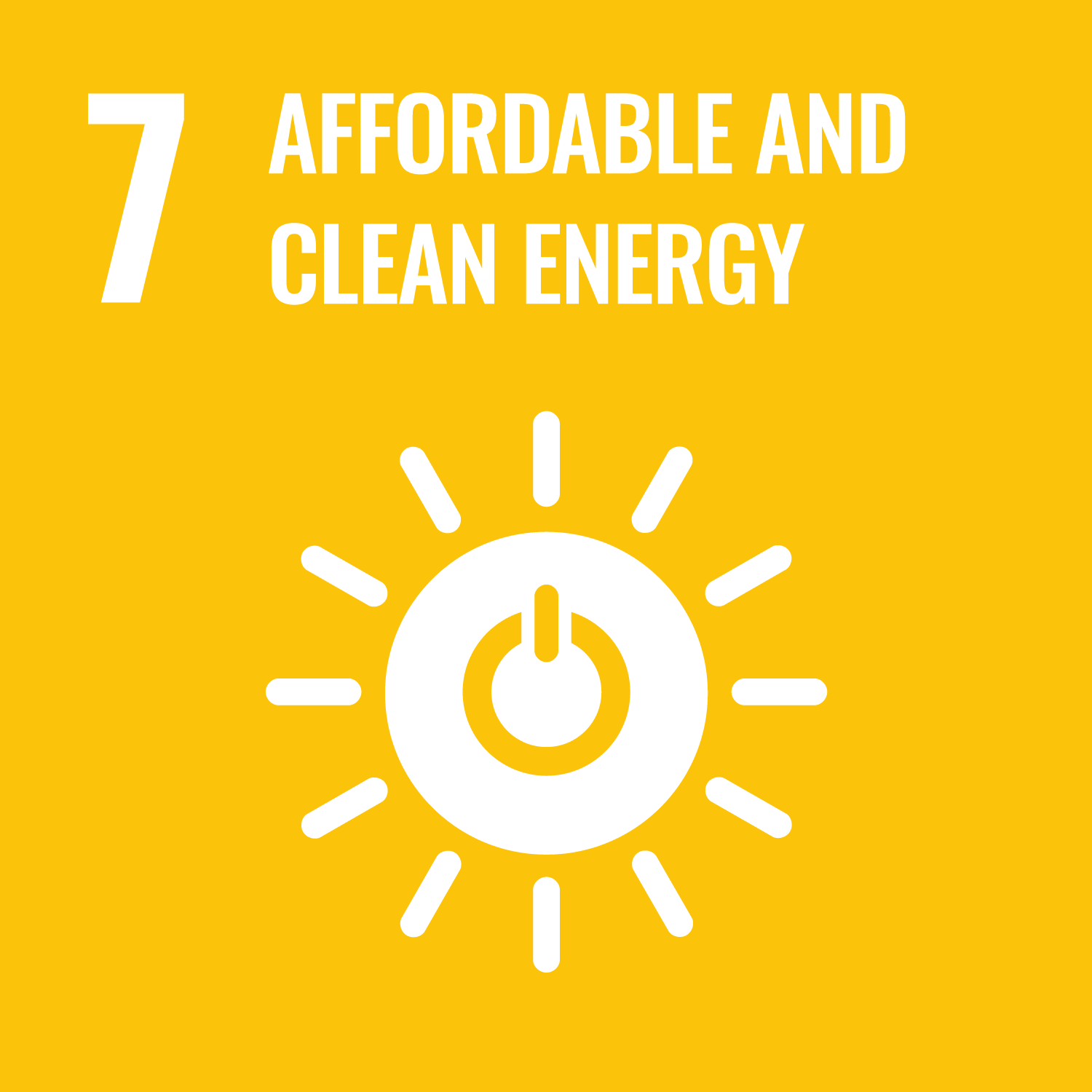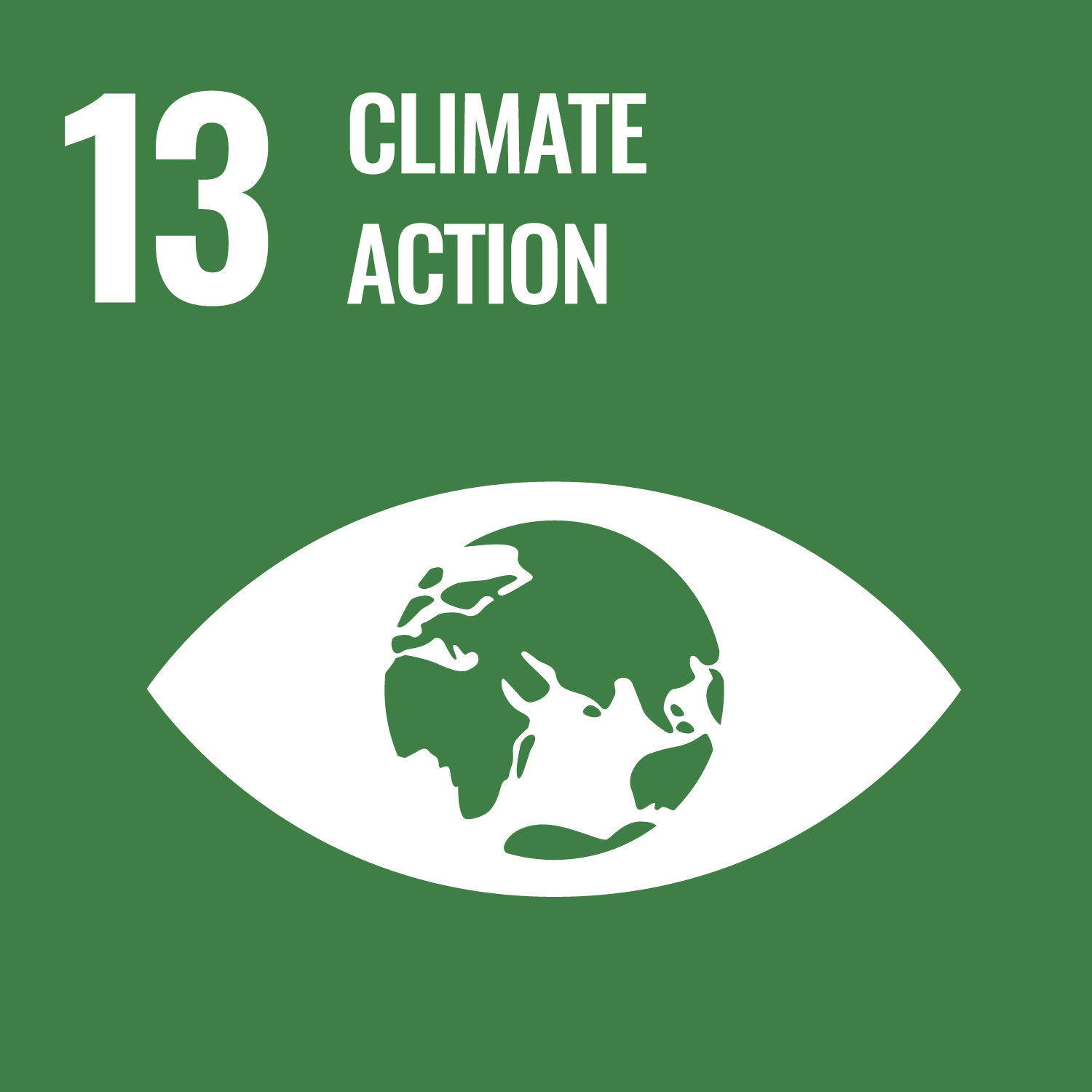Emerging Clean Cooking
Aligned SDGs



- Emerging Clean Cooking
- General overview
- Intervention
- Location
- Last data update
- Spreadsheet of data
- Emerging Clean Cooking
- General overview
- Intervention
- Location
- Last data update
- Spreadsheet of data
General overview
Stage of development: Late stage
Policy sectors: Environment and climate change / Energy
Type of instrument: Impact Bond
Delivery locations: Zambia
Country classification: Lower-middle-income
Intervention
Social or environmental challenge
The development challenge centers on the lack of efficient and transparent mechanisms to finance and implement climate impact mitigation interventions in developing regions. Market failures contributing to this challenge include the absence of reliable data for measuring and verifying emission reductions, limited access to capital for innovative climate projects, and a lack of incentives for private investment in sustainable development. Traditional financing models often fall short in addressing the unique needs of climate projects, leading to underinvestment and slow progress. The program aims to overcome these barriers by leveraging the ITMOS mechanism under Article 6.2 of the Paris Agreement, utilizing digital measurement, reporting, and verification (dMRV), and outcome-based financing (OBF). Using already available technology, the program seeks to mobilize private capital, ensure high-integrity data, and create a scalable model for climate action.
Description of the intervention
Innovations in the digitization of carbon markets could transform how green technology infrastructure, such as modern energy cookstoves, gets financed and scaled up in Africa. These mechanisms leverage Climate Finance to promote financial inclusion and stimulate sustainable local socio-economic development, by distributing incentives and providing direct digital cash transfers to local implementing agents and beneficiaries using the green technologies. Digital transformation also creates opportunities to mobilize and equip digitally-native youth with skills, tools and incentives, which could provide the workforce and promote entrepreneurship for the green economic transition in Africa. The UNICEF-led Youth Opportunities Marketplace (Yoma) is gearing up to provide the digital coordination and financing platform aiming to create new income opportunities for youth in the transition to a green economy. Internationally Transferred Mitigation Outcomes (ITMOs) are a key driver of this financing innovation. National governments in Africa have begun to introduce regulations that allow mitigation activities to be funded through ITMOs under Article 6.2 of the Paris Agreement. As an example, the government of Zambia has authorized the design of a national modern energy cooking mitigation activity that implements digital Measurement, Reporting and Verification (dMRV) to certify Mitigation Outcomes and Carbon Credits. Government-sanctioned Mitigation Outcome Purchase Agreements (MOPAs) between the Mitigation Activity (MA) implementers and counterparty government Acquiring Parties are expected to raise the bar for the quality, price, and predictability of the supply for Mitigation Outcomes – including for carbon credits in the Voluntary Carbon Markets. This should significantly reduce financing risks for private capital to invest in green energy infrastructure projects. Digital MRV provides real-time visibility of MA project performance, which could reduce project execution risks. Generating digitally certified outcomes could increase capital velocity and liquidity in carbon credit markets. Project finance may now be structured using innovative financing instruments that are linked to the proceeds of MOPAs and to forward contracts for digitally certified ITMOs and Carbon Credits in the private sector. This model of Outcome-based Financing presents a promising approach that could be extended to other areas of sustainable development, such as healthcare and education, potentially transforming funding mechanisms in these sectors and providing opportunities for youth.
Location
Country:
- Zambia
Locality:
- Zambia
Last data update
Data for this pipeline project was last updated in May 2024.
You might have noticed that some pipeline projects have more data than others. This is because organisations can share as much data as they want with the INDIGO initiative. If you have more data on one of these pipeline projects and would like to share with us, please get in touch at indigo@bsg.ox.ac.uk. Our full list of variables and data definitions can be found here.
Spreadsheet of data
Important Notice and Disclaimer on INDIGO Data
INDIGO data are shared for research and policy analysis purposes. INDIGO data can be used to support a range of insights, for example, to understand the social outcomes that projects aim to improve, the network of organisations across projects, trends, scales, timelines and summary information. The collaborative system by which we collect, process, and share data is designed to advance data-sharing norms, harmonise data definitions and improve data use. These data are NOT shared for auditing, investment, or legal purposes. Please independently verify any data that you might use in decision making. We provide no guarantees or assurances as to the quality of these data. Data may be inaccurate, incomplete, inconsistent, and/or not current for various reasons: INDIGO is a collaborative and iterative initiative that mostly relies on projects all over the world volunteering to share their data. We have a system for processing information and try to attribute data to named sources, but we do not audit, cross-check, or verify all information provided to us. It takes time and resources to share data, which may not have been included in a project’s budget. Many of the projects are ongoing and timely updates may not be available. Different people may have different interpretations of data items and definitions. Even when data are high quality, interpretation or generalisation to different contexts may not be possible and/or requires additional information and/or expertise. Help us improve our data quality: email us at indigo@bsg.ox.ac.uk if you have data on new projects, changes or performance updates on current projects, clarifications or corrections on our data, and/or confidentiality or sensitivity notices. Please also give input via the INDIGO Data Definitions Improvement Tool and INDIGO Feedback Questionnaire.